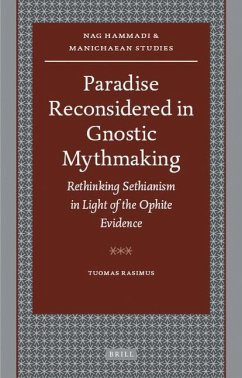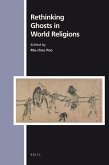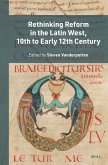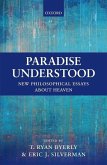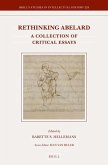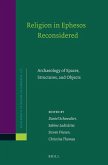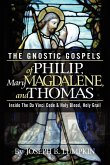This book offers a new understanding of Sethianism and the origins of Gnosticism by examining the mythology in and social reality behind a group of texts to which certain leaders of the early church occasionally attached the label Ophite. In the unique Ophite mythology, which rewrites the Genesis paradise story and is attested, for example, in Irenaeus Adversus haereses 1.30, The Apocryphon of John and On the Origin of the World, the snake s advice to eat of the tree of knowledge is considered positive, the creator and his angels are turned into demonic beasts and the true Godhead is presented as an androgynous heavenly projection of Adam and Eve. It is argued that Hans-Martin Schenke s influential model of the Sethian system only reveals part of a larger whole to which the Ophite material belongs as an important and organic component.
Hinweis: Dieser Artikel kann nur an eine deutsche Lieferadresse ausgeliefert werden.
Hinweis: Dieser Artikel kann nur an eine deutsche Lieferadresse ausgeliefert werden.

